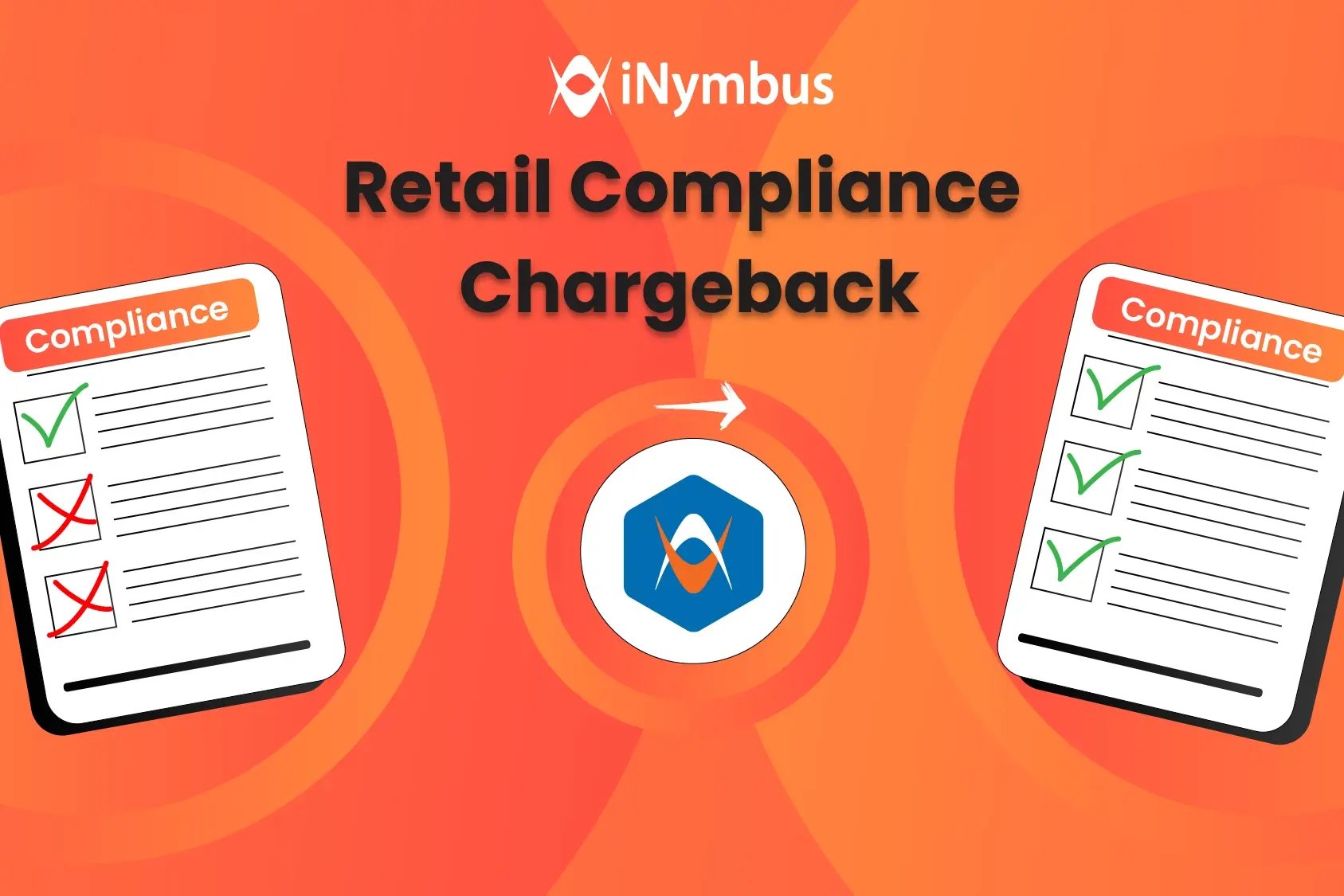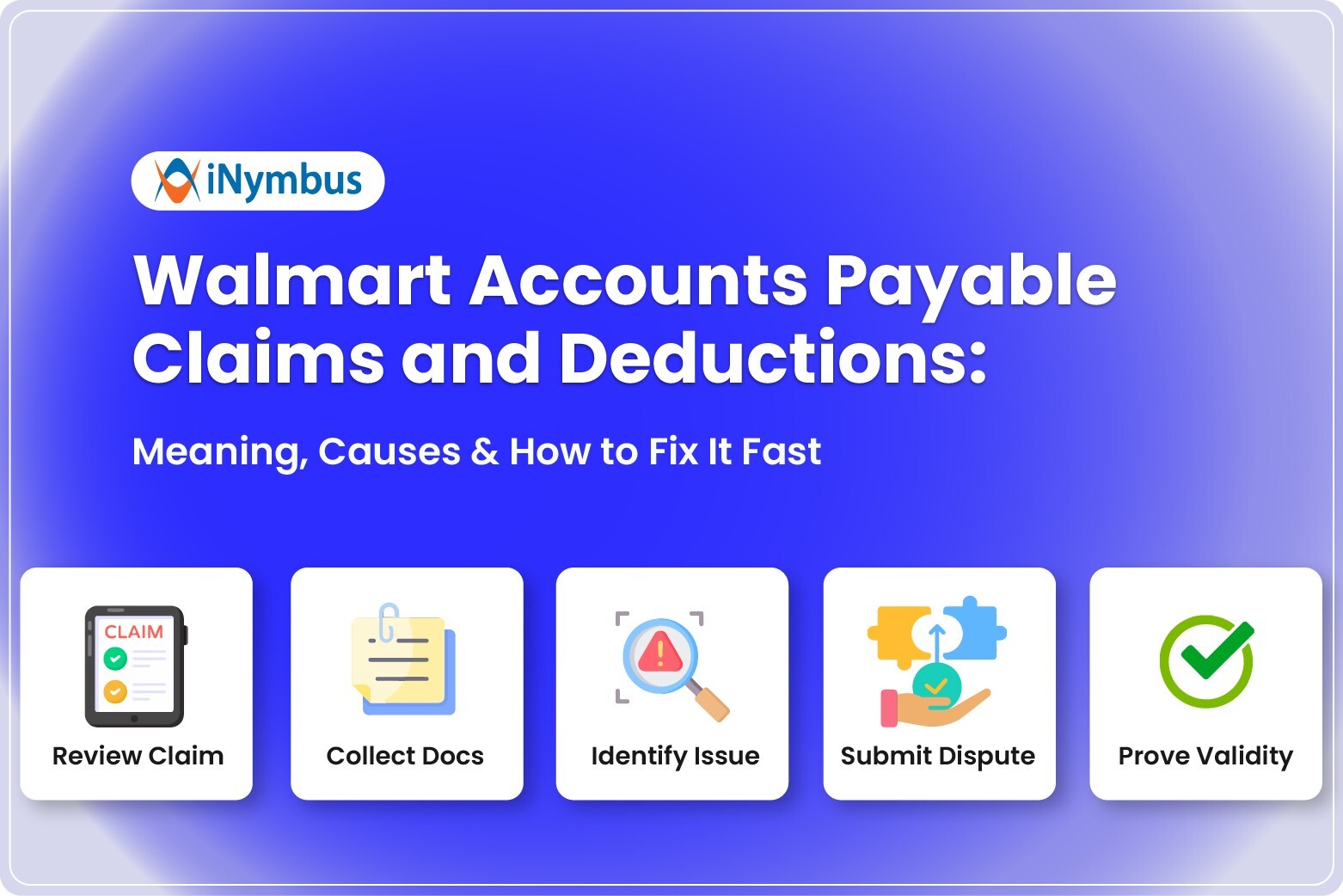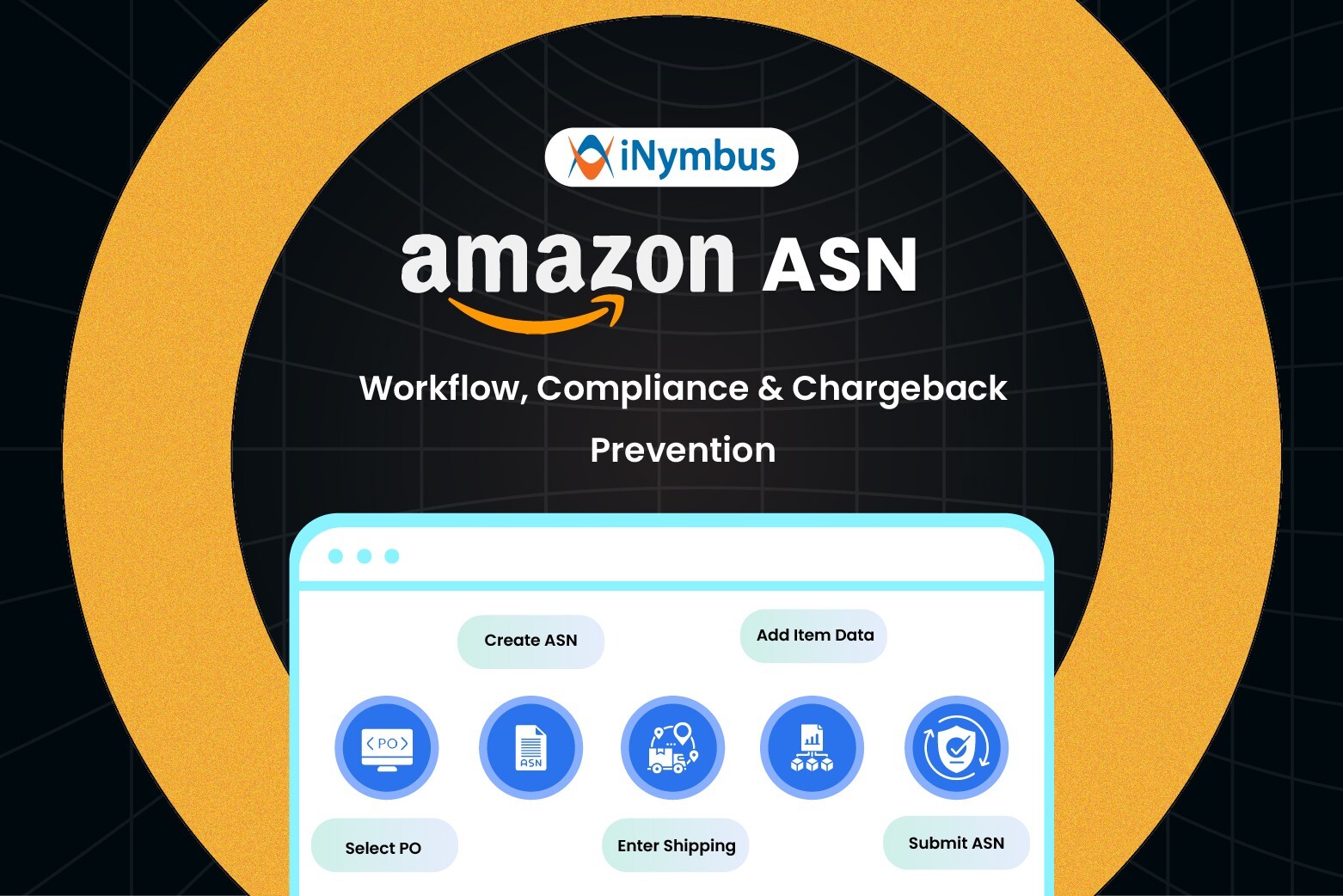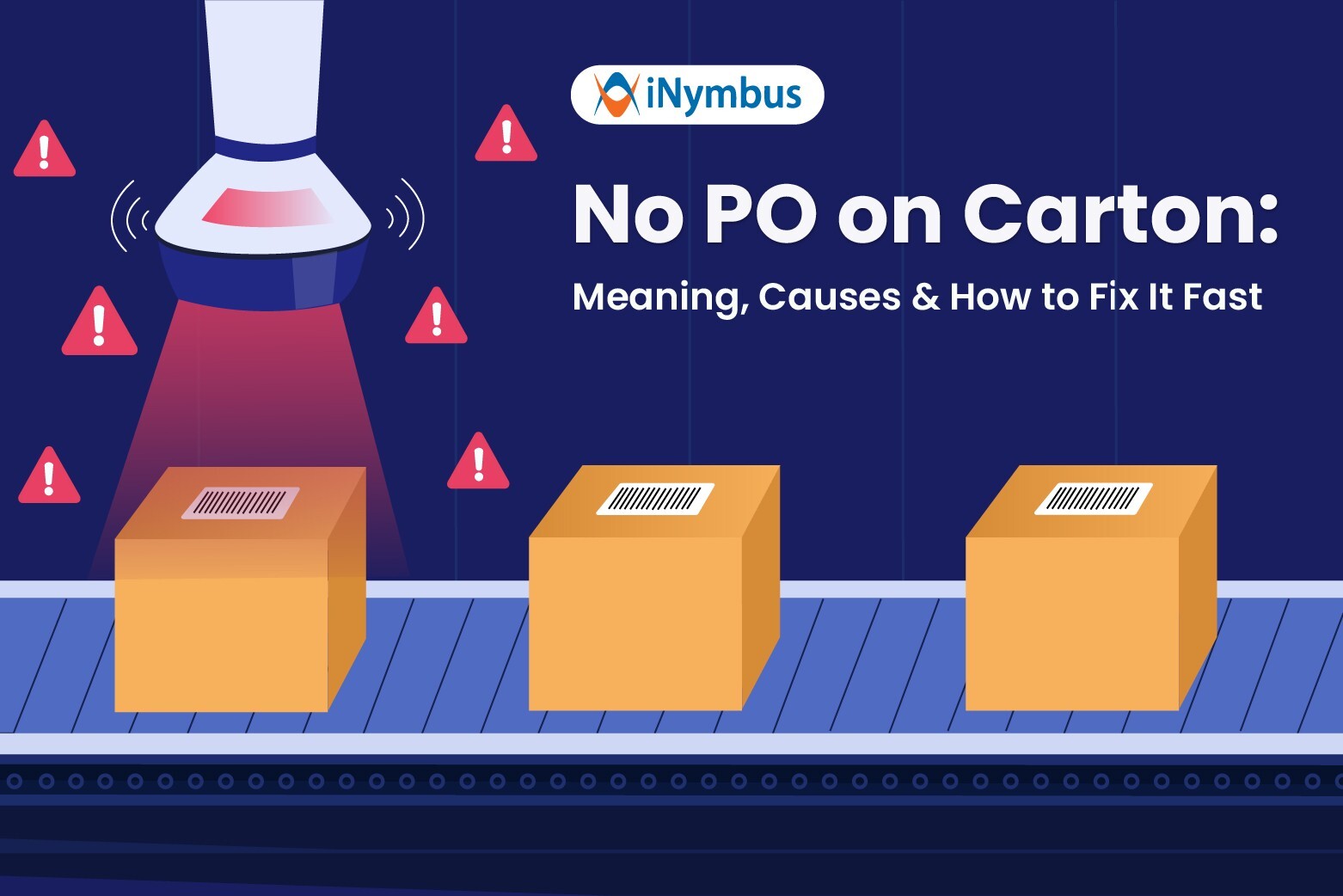Retail Compliance: Importance, Challenges, and Strategies

Retailers set strict compliance requirements for vendors for several important reasons. Most importantly, they want to ensure that the products they sell meet certain standards.
These standards help retailers maintain high levels of customer service and protect their brand reputation. Moreover, ensuring retail compliance means operational efficiency, safety, and consistency across the supply chain.
In this blog, we will discuss the importance of retailer compliance, the consequences of non-compliance, best strategies to implement and the reasons for vendor compliance chargebacks.
What Is Retail Compliance?
Retail compliance or vendor compliance refers to a set of guidelines that vendor partners must follow. These guidelines can include aspects such as packaging and labeling, shipping, and EDI setups.
Not adhering to guidelines can result in penalties. They are deducted from the supplier’s payment as vendor chargeback.
What if a Vendor is Non-Compliance?
If a vendor fails to meet specific standards set by retailers, they may face penalties known as vendor compliance chargebacks. These are imposed to recover costs incurred by the retailer due to non-compliance, such as improper packaging, labeling errors, shipping issues, EDI setup problems, or missed delivery deadlines.
In addition to these, there are further consequences of non-compliance that can impact a vendor in the long term. We’ll discuss these in detail later in the blog.

Why Retailer Compliance Matters
Retailer compliance is essential not just for meeting requirements but also for ensuring a well-functioning retail ecosystem. Here are the key reasons why vendor management is important:
Product Quality: Following guidelines means products consistently meet the retailer’s quality standards. High-quality products help reduce returns and complaints, which results in recurring sales.
Consistency: It ensures that products are always the same in terms of quality, packaging, and labeling. This way retailers can simplify procedures from multiple vendors.
Timely deliveries: Sticking to shipping and delivery guidelines helps with inventory control and making sure products arrive on time. This keeps shelves stocked properly and meets customer demand without delays.
Laws and Regulations: To ensure that products meet all legal and safety standards. This reduces the risk of legal issues, fines, and product recalls, protecting both the retailer and the supplier.
Customer Satisfaction: When products are delivered on time, meet quality expectations, and are correctly labeled and packaged, it makes customers satisfied. Happy customers are more likely to buy again and recommend the brand to others.
See what our client has to say about their experience with Walmart deductions:
"Walmart changed something in their process or system, and we couldn't keep up. All we were doing was plugging holes, now iNymbus plugs them automatically. It gives our staff the ability to figure out where those holes are coming from in the first place. iNymbus is our knight in shining armor that says, "Not so fast Amazon. We've got our own little robot army..."
Full Case Study
Consequences of Non-Compliance with Retail Standards
Failing to meet retail standards can have serious consequences for vendors. Here’s a detailed look at the potential cost:
Financial Penalties: As discussed before, not adhering to retailer standards often results in financial penalties. These penalties are deducted from the supplier’s payment, impacting the bottom line. Frequent chargebacks can impact cash flow and profit margins.
Administrative Burden: Filing claims for these chargebacks requires time and resources. Resolving these issues can be labor-intensive. They may involve detailed investigations and corrective actions, which increase operational costs.
Legal and Contractual Risks: Non-compliance with laws and regulations can lead to legal action, including fines and sanctions. Additionally, failing to meet contractual obligations may result in the termination of contracts, loss of business, and damage to the retailer-vendor relationship.
Operational Disruptions: Non-compliance can disrupt supply chain operations, causing delays and inefficiencies. This can lead to stockouts or overstock situations, both of which are costly and can harm the retailer's business as well as the supplier's.
Is It Possible for a Vendor to Achieve Full Compliance?
The short answer is No. In the uncertain world of retail, deductions are often inevitable due to varying factors. Despite best efforts, discrepancies, logistics delays, or errors can lead to financial penalties.
Deductions pose a significant challenge to vendor profitability and operational efficiency. However, With iNymbus, vendors can manage and minimize the impact of these deductions. We, at iNymbus, understand the challenges suppliers face when it comes to managing deductions.
We provide advanced data on deductions and chargebacks, enabling suppliers to perform more effective root cause analysis and proactively reduce these issues, as many of our clients have successfully done.
How to Implement a Retail Compliance Strategy
Building an effective retail compliance strategy is essential for vendors to avoid penalties and maintain strong retailer relationships. Here are three key steps to get started:
- Document Compliance Guidelines: Maintain an up-to-date manual that outlines the specific packaging, labeling, shipping, and EDI requirements for each retailer. Make it easily accessible for your team to ensure consistency across operations.
Pro Tip: Regularly update the manual to reflect any changes from retailers. Keeping it current prevents miscommunication and costly mistakes. - Train Employees Regularly: Ensure that your staff is well-versed in the latest compliance protocols. Regular training helps employees handle retailer-specific requirements, EDI submissions, and packaging standards effectively.
Training Focus Areas:
- Retailer-specific compliance guidelines
- Proper use of EDI systems and other technology
- Packaging and labeling best practices
- Leverage Technology Solutions: Automating compliance tasks with tools like iNymbus can reduce errors and administrative burden. Automation streamlines processes such as EDI submissions, document retrieval, and tracking shipment statuses.
Pro Tip: Use automated systems to minimize human errors and improve visibility into compliance tasks across all retailers.
Handling Vendor Compliance Chargebacks with iNymbus
iNymbus offers an automated software solution tailored to address these challenges. It uses Robotic Processing Automation to handle the deduction management process. Our solution is designed to overcome the inefficiencies in traditional methods.
- iNymbus supports over 40+ major retailers, managing diverse deduction claims and special requirements.
- Automatically retrieves documents like invoices and bills of lading from ERP systems, portals, EDI, and emails to save time and reduce mistakes.
- iNymbus resolves disputes up to 30 times faster than manual processes, reducing costs associated with traditional methods.
- It is scalable for businesses of any size and flexible enough to meet specific needs.
- Provides a user-friendly centralized deduction hub for a unified view of deductions from all retailers.
- Supports freight claims from carriers like UPS and FedEx and manages return variance.





